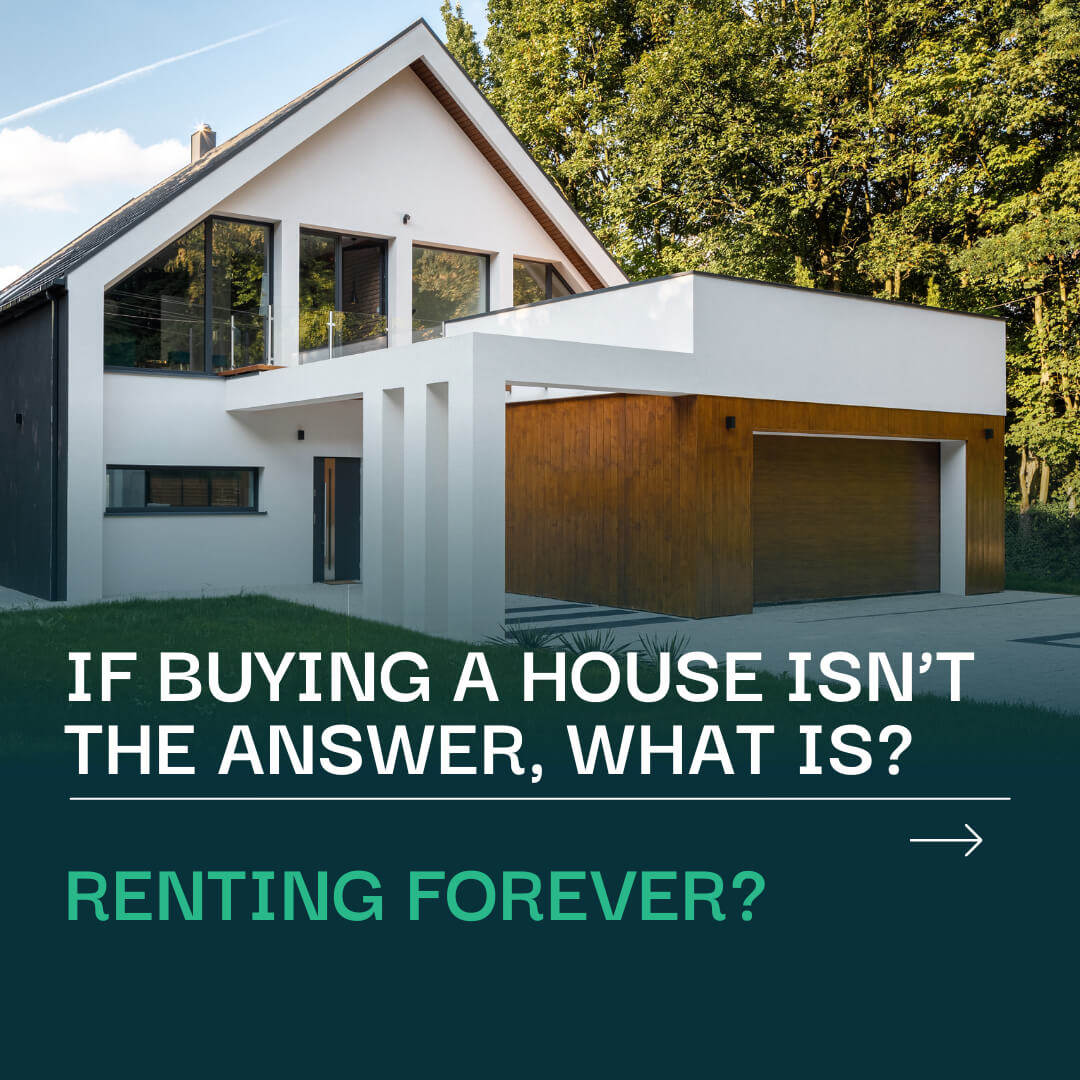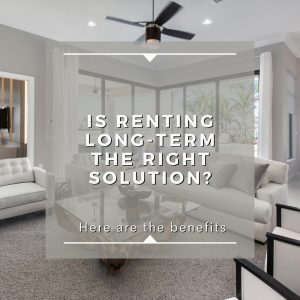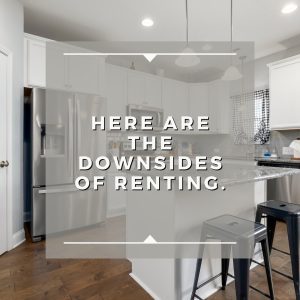
28 Dec If buying a house isn’t the answer, what is? Renting forever?
Homeownership continues to be one of the primary life goals of many Americans. A survey by Bank of America found that 72% of millennials (those born in the 80s and 90s) see buying a home as a top priority.
One of the reasons for this was seeing what happened to those who didn’t own property during the recession of 2006. Some even had to see their parents being evicted after losing a job. Moreover, many millennials consider owning a home a way to display status and success.
For many, homeownership is nothing short of a dream.
While a majority of people certainly wish they could own a home, turning this dream into reality is not always feasible. Many young people are especially concerned that they will have to rent an apartment forever.
One of the main reasons owning a home is becoming increasingly difficult is the supply crisis, which pushes structural prices up. As time goes by, fewer homes are available to satisfy the growing demand. The main causes behind this low supply are:
- zoning restrictions.
- lack of investment.
- politicians’ reluctance to take measures that may negatively affect home values.
Factor in rising borrowing costs, high down payments, and credit score requirements for those who want to take out a mortgage to buy their house, and you can see why home ownership is becoming more and more prohibitive for a significant part of the population.

Is renting long-term the right solution? Here are the benefits.
One of the advantages of renting your home is that you can usually lock in your rent for a period of at least 12 months. This means that, even during inflationary periods, the amount of money you pay each month for your living needs remains the same.
For the same reason, your monthly rent is a very predictable fixed expense. As it’s probably your highest expense, it makes it easy to budget accordingly and knows in advance how much money you have to cover additional costs.
When you rent an apartment or house for a long period of time, it’s also easier to convince your landlord to include additional benefits, including parking or storage.
Compared to short-term rentals, long-term rentals also leave more room for those who want to furnish their home based on their tastes and preferences.

Yet it’s not all cracked up to be. Here are the downsides of renting.
When you are renting long-term, relationships with your landlord become an important aspect of your life. Unfortunately, not all landlords are easy to deal with. While it’s true that you are the home’s main occupant, the landlord still has a major interest in the property being safe from damages and other unfortunate events. Some landlords can exert an asphyxiating level of control over their tenants, which makes the stay more stressful and difficult.
This applies also to the topic of who must pay for repairs and damages. A contract cannot include all possible scenarios and, in some instances, things can turn sour, with the landlord suing the tenant or vice versa.
Another thing to take into account is that long-term rental is not a very flexible solution. Having to abide by a contract for a very long period of time may not be the best option for those who are still in the process of planning their lives. What if you have to move to another city for a new job but still have 11 months of rent left to pay?
What are my other options?
So, what are your alternatives if you don’t want to rent an apartment forever and can’t afford to make a mortgage down payment right away?
Effective budgeting can help you save for a future downpayment. It doesn’t have to be next year or even the year after, but if you take full control of your expenses by categorizing and prioritizing expenses, you’ll be surprised to see how much money you can put aside each month. In 5 or 6 years, you may finally have enough to qualify for a mortgage.
If you can afford a downpayment (maybe with the help of relatives or by selling high-ticket items) but are not sure whether you can afford monthly payments, one option is to buy the house with a mortgage, creating an accessory dwelling unit (ADU) in which to live and rent the rest of the house to tenants. You can then use the rent you get to cover your monthly mortgage payment (or part of it).
If you are living in urban areas, one alternative is cooperative housing, which refers to a multi-unit property owned by the same company. If you buy a unit, you will become a shareholder of the cooperative, with an exclusive right to occupy that unit (known as leasehold). This means that your purchase won’t be financed by a mortgage but by a home loan. Why? Because you’re technically buying shares and not the unit. They are usually cheaper than regular apartments in the same area and, by being part of a cooperative, you will also have better social connections with the people living in your same building.
Another option is to move to a countryside area where house prices are significantly lower, increasing your chances of qualifying for a mortgage. This option is becoming increasingly popular in the age of remote wor. It’s an option to take it into account if your job doesn’t require you to physically go to your workplace every day.
What difficulties are you facing on your path toward home ownership? Are you concerned that renting long-term may not be a viable option? Let us know how you feel about your housing situation so that we can give you the best tips and help you find the right solution.

